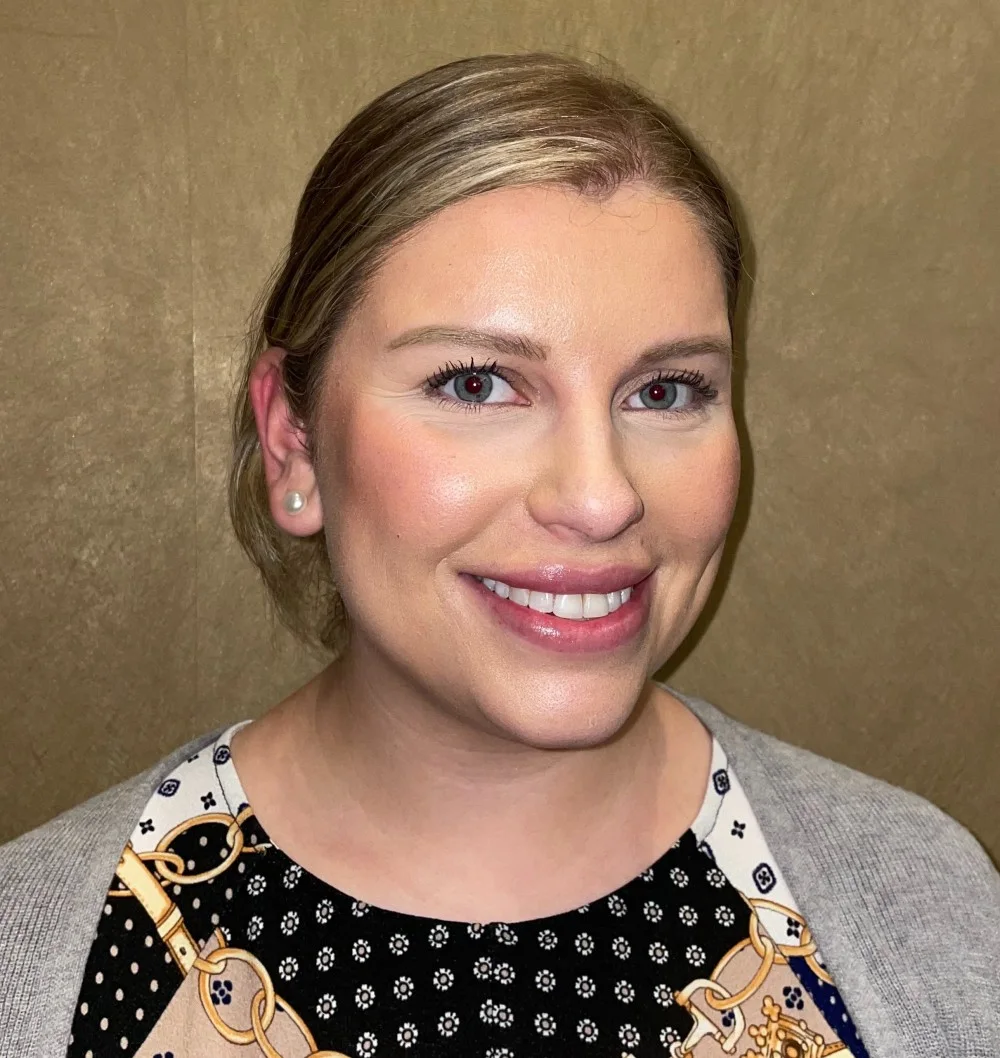
Giving back
Data for Good: University of Alberta
Jun 1, 2023
The challenge: Building transportation resilience following natural disasters across Canada
Climate change continues to impact our world, with natural disasters such as floods and landslides increasing in intensity and frequency, leaving millions of people displaced. In emergencies, transportation systems are critical in ensuring people can evacuate safely, emergency responders are able to move quickly, and recovery supplies are distributed efficiently.
Stephen Wong, Assistant Professor in the Department of Civil and Environmental Engineering at the University of Alberta, is leading a research project in
the Data for Good program
to better understand travel patterns before, during, and after natural disasters strike across Canada. His research will take a close look at the communities in British Columbia, which were affected by the 2021’s mass flooding, to help build more resilient transportation systems to support the safe evacuation of residents when flooding and landslides take place.Professor Wong’s research focuses on the intersection of evacuations, decision-making and shared mobility to create more resilient, environmentally friendly, and equitable transportation systems. He has published more than 10 articles on evacuations from large-scale hazards, focusing on human response, resource-sharing, and transportation strategies. Recently, Professor Wong co-authored a research publication alongside Thayanne Ciriaco:
Review of resilience hubs and associated transportation needs
. This research focuses on the concept of “resilience hubs”, which help communities overcome the devastating impacts and challenges that disasters and emergencies have on infrastructure and social systems, while also acting as an everyday resource centre. This work highlighted the social benefits of resilience hubs and indicated a need for more research on transportation components related to infrastructure design, and relief supplies distribution.Today, Professor Wong is leading a research project in
the Data for Good program
where he and his team seek to better understand travel patterns during emergencies. To address the response to flood hazards, the team will explore emergent travel during the British Columbia floods in 2021. The results intend to provide a clearer understanding of the impact of flooding on transportation, while also offering a proof-of-concept using de-identified and aggregated network mobility data. Future exploration of the data and topic will help yield guidance for building safer and more resilient communities across Canada.Enqi Liao, an Undergraduate Research Assistant and Dean's Research Award winner at the University of Alberta, is a critical part of the project. Ms. Liao is conducting the primary analyses and recently presented the work at a year-end symposium for engineering research. As a Civil and Environmental Engineering student, Ms. Liao is keen to determine the value of how de-identified and aggregated network mobility data can support analysis over time. Following the project, Ms. Liao will be a field engineer for a clean energy project in British Columbia and hopes to pursue a career in project management or urban development.
The
Data for Good program
prides itself on working with respected, innovative, and world-leading researchers who are passionate about contributing to communities in ways that have a lasting positive social impact. This important and necessary research being done by Professor Stephen Wong and his team is a meaningful contribution to guiding more efficient and equitable transportation response strategies to disasters across Canada. 
Meet the author
Kendal Burtch
Strategy Manager, Data & Trust Office


